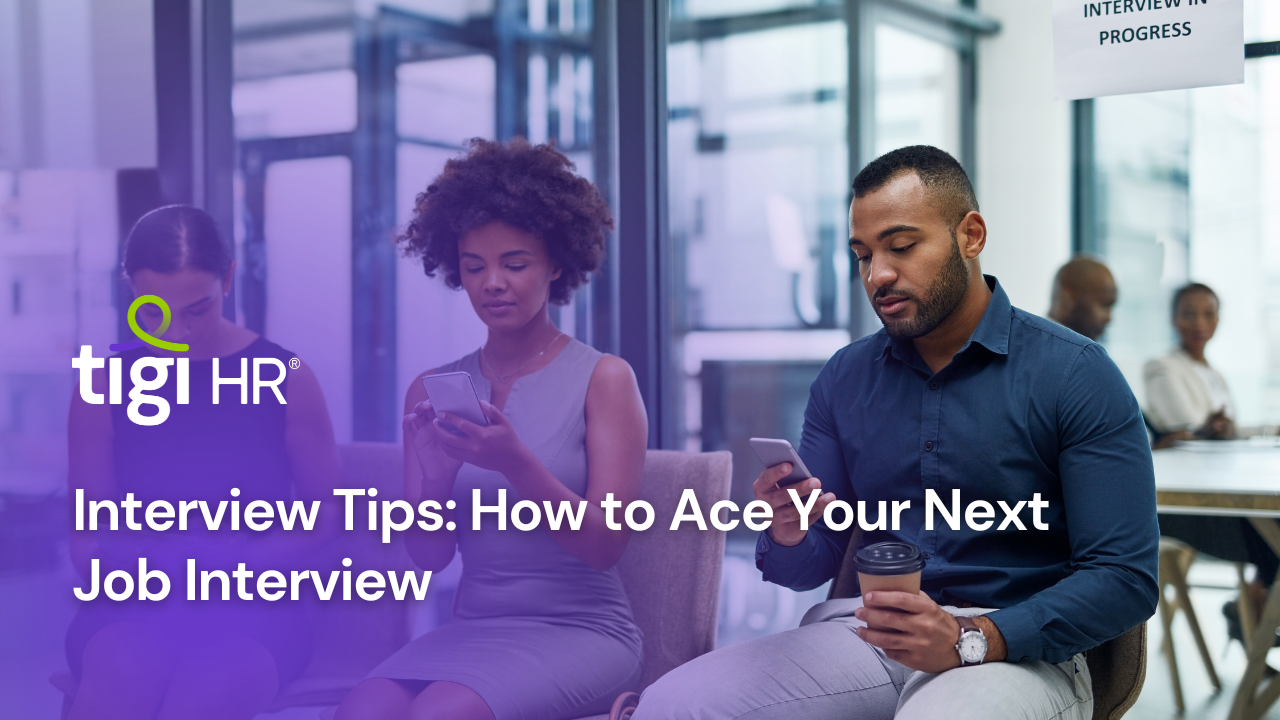In today’s competitive job market, a well-prepared job interview can make all the difference in securing your dream job. Acing a job interview requires a combination of strategic preparation, effective communication skills, and a deep understanding of the company and the role you’re applying for. In this comprehensive guide, we will explore a range of interview tips to help you navigate the interview process successfully.
- Research the Company:
Before stepping into the interview room, it’s crucial to thoroughly research the company. Familiarize yourself with its history, values, mission, and recent achievements. Understanding the company culture will not only help you tailor your responses but also demonstrate your genuine interest in the organization. Use online resources, such as the company’s website, social media profiles, and recent news articles, to gather relevant information.
- Understand the Job Description:
Study the job description meticulously. Identify the key skills, qualifications, and responsibilities required for the position. This will enable you to align your experiences and achievements with the specific needs of the role. Be prepared to provide examples of how your skills match the job requirements, showcasing your suitability for the position.
- Practice Common Interview Questions with Interview Tips:
While you can’t predict every question you’ll be asked, practicing common interview questions can help you articulate your thoughts more confidently. Questions like “Tell me about yourself,” “What are your strengths and weaknesses,” and “Why should we hire you?” are frequently asked. Develop concise yet compelling responses that highlight your qualifications and experiences.
- Highlight Your Achievements:
Quantify your achievements with specific numbers whenever possible. Use metrics to showcase the impact of your work in previous roles. For example, instead of saying you “increased sales,” specify that you “boosted sales by 20% within six months.” This not only adds credibility to your claims but also provides tangible evidence of your contributions.
- Develop Your Personal Brand:
Craft a personal brand that aligns with the position and the company’s values. Clearly communicate your unique selling points, emphasizing what sets you apart from other candidates. Your personal brand should be reflected in how you present yourself, both verbally and non-verbally, during the interview.
- Master Non-Verbal Communication:
Non-verbal cues, such as body language and eye contact, play a significant role in shaping the interviewer’s perception of you. Maintain good posture, offer a firm handshake, and make eye contact to convey confidence and professionalism. Practice active listening by nodding and responding appropriately to demonstrate your engagement in the conversation.
- Prepare Questions for the Interviewer:
Show your enthusiasm and genuine interest in the position by preparing thoughtful questions for the interviewer. Ask about the company’s future goals, team dynamics, or specific projects. This not only demonstrates your proactive approach but also helps you evaluate if the company is the right fit for you.
- Stay Updated on Industry Trends:
Stay informed about the latest trends and developments in your industry. Employers appreciate candidates who show a commitment to ongoing learning and professional growth. Incorporate relevant industry insights into your responses, showcasing your awareness of the broader context in which the company operates.
- Handle Behavioral Questions Effectively:
Behavioral questions often require you to provide examples of how you handled specific situations in the past. Use the STAR method (Situation, Task, Action, Result) to structure your responses. This approach helps you provide a clear and concise narrative, allowing the interviewer to understand your thought process and problem-solving abilities.
- Demonstrate Adaptability:
In today’s rapidly changing work environment, adaptability is a highly valued trait. Be prepared to discuss instances where you successfully navigated change, learned new skills, or adapted to challenging circumstances. Highlighting your ability to embrace change can set you apart as a candidate who can thrive in dynamic work environments.
- Manage Stress and Nervousness:
Job interviews can be nerve-wracking, but effective stress management is crucial. Practice relaxation techniques, such as deep breathing and positive visualization, to stay calm under pressure. Arrive at the interview location well in advance to give yourself time to settle and collect your thoughts.
- Follow Up with a Thank-You Email:
After the interview, send a personalized thank-you email expressing your gratitude for the opportunity to interview. Use this opportunity to reiterate your interest in the position and briefly mention key points from the interview that highlight your suitability for the role. This simple gesture demonstrates professionalism and courtesy.
Conclusion on Interview Tips:
Successfully navigating a job interview requires a combination of thorough preparation, effective communication, and a genuine interest in the company and position. By researching the company, understanding the job description, practicing common interview questions, and mastering non-verbal communication, you can significantly enhance your chances of acing your next job interview. Additionally, showcasing your achievements, developing a strong personal brand, and demonstrating adaptability will further set you apart as a top candidate.
Remember that each interview tips is a learning opportunity, regardless of the outcome. Reflect on your experiences, seek feedback when possible, and continuously refine your interview skills. By incorporating these tips into your preparation strategy, you’ll be well-equipped to impress employers and secure the job you desire in today’s competitive job market. Good luck!





